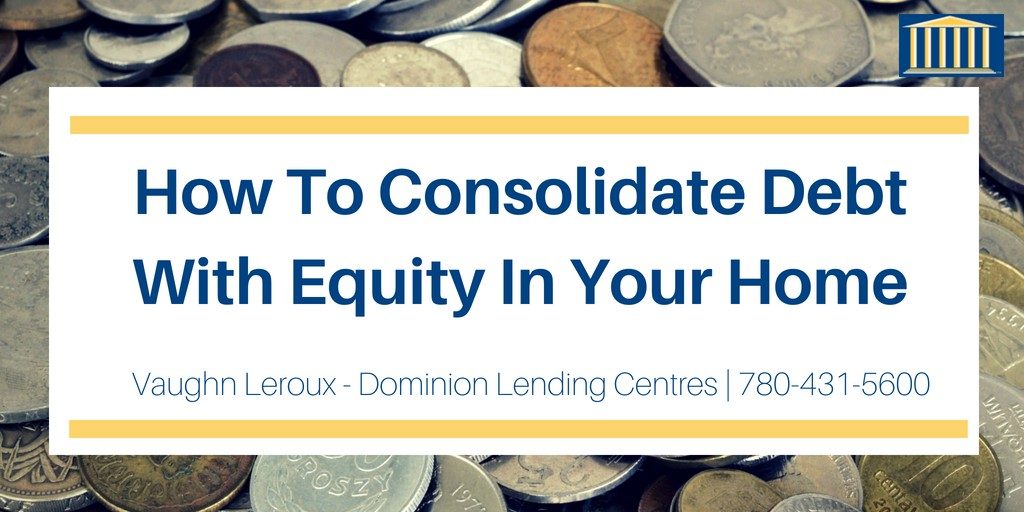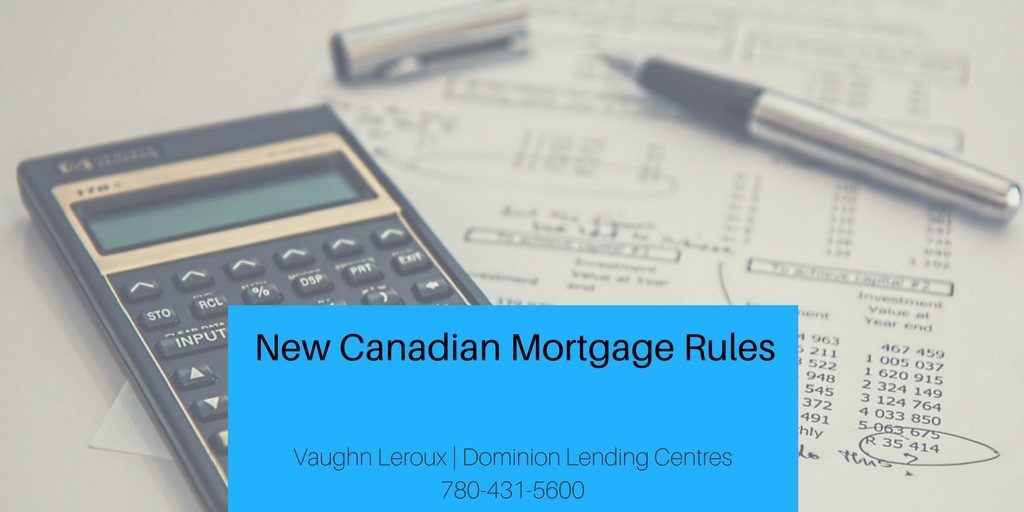Whether you’re upgrading your home or getting it ready to sell, there are some renovations that are more beneficial than others. Doing renovations that add value to your home is a good investment to make. However, not all renovations are worth doing, and our Edmonton mortgage broker team is here to show you which renovations are the most beneficial when it comes to adding value to your home.
Painting
Freshening up your paint, both indoors and outdoors, is one of the simpler, and less expensive renovations that you can make. If you are getting ready to sell your home, it’s beneficial to hire a professional painter to do the job. They know the best paint type to use for each room, and they will do minor repairs, such as sealing and repairing any minor damage and skimming the walls to make the surface even. Giving your home a fresh coat of paint can give you a 60% return on the cost.
Structural Issues
No one wants to buy a home that has structural issues, so taking care of things like the roof, windows, doors, gutters, and foundation of the home is important. Some things to consider doing are waterproofing the foundation of the home, replacing old windows with vinyl windows, and putting on a new roof that is watertight will all add value to the home. In many cases, you can recoup 75% of the cost.
Hardware and Doors
Adding some hardware, such as crown mouldings, baseboards, wainscoting, and trim to your doors makes a home look more put together. You should also consider replacing any old doors in the home, as well as locks on doors that may not be working. It all gives a home a nice finished look. Adding that bit of a wow factor can give you a 50$ return on the cost.
Countertops
You don’t have to rip out and replace your kitchen to give it an upgrade. Start with something simple, such as replacing your countertops, cabinet doors, and old appliances. It will not only save you a lot of money, but it can also give you between a 75% to 100% return on the cost of the project.
Bathrooms
This is another area that doesn’t need to be ripped out and redone to raise the value of the home. Focus on details, like replacing fixtures, putting in a shower enclosure, adding some classy-looking tiles, or swapping out the countertop. You can end up with a 62% return on the costs.
Flooring
Your floors take the most abuse in your home and can easily succumb to wear and tear over time. Replacing any damaged or ageing flooring is a beneficial renovation to make. Putting in a new hardwood floor, resurfacing and staining an existing one, or laying down laminate, a fresh-looking floor can work wonders. One thing to consider carefully is carpeting. While many people love the warmth and comfort of a carpeted room, others will see it as a lot of maintenance. Uncarpeted floors have a cleaner look and are often easier to maintain. This is another renovation that can give you 100% or more return on the investment of a new floor.
There are so many ways that you can update your home without breaking the bank, while still adding value to the home. Sometimes simpler is better and not everyone needs to gut their kitchen or bathroom to add appeal to a home. If you are thinking of renovating your home and want to know more about refinancing your mortgage to get it done, give our Edmonton mortgage broker team a call today!

